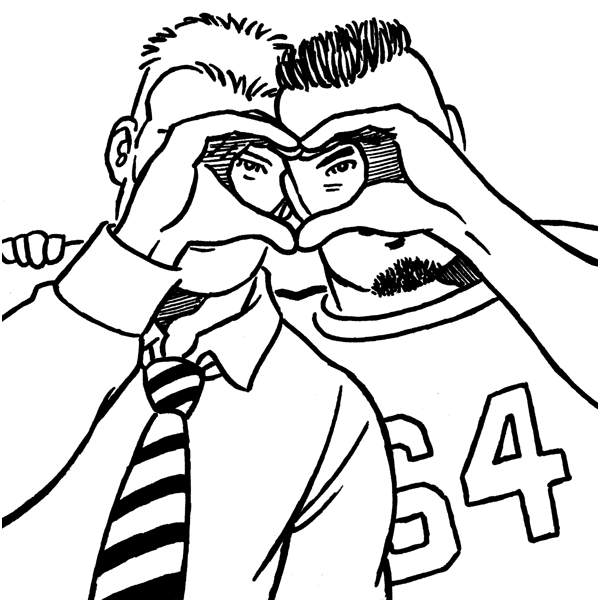Abandoning Arisen Unhealthy States
|
|
|
|
|
|
|
One week from today: Developing Unarisen Healthy States
Share your thoughts and join the conversation on social media
#DhammaWheel
Questions? Visit the Dhamma Wheel orientation page.








